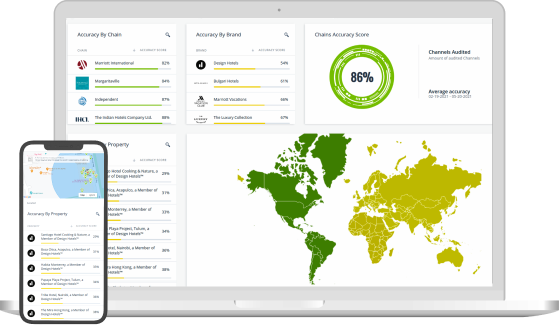Expect the unexpected. Rarely is that old adage proven true as often as it is in the context of adventure travel. But some surprises aren’t as cool as sightseeing at your next destination.
Lost luggage, a health emergency, or flight cancellations due to weather are some of the most common mishaps that can sideline travelers and prevent you from enjoying your perfect vacation. That’s why travel insurance can be a great investment, no matter what type of trip you are planning. Travel insurance premiums typically represent just a fraction of the cost of your trip, cover you for a wide range of emergencies, and let you rest a little easier both before and during your trip.
The best travel insurance policy for you is going to be the one that offers the specific coverage you need at a price you can readily afford. Here’s a rundown of the most common types of travel insurance, as well as some of the optional benefits you may want to look into.
Basic cancellation coverage, as its name implies, covers you for prepaid, non-refundable expenses under a fixed set of circumstances outlined in your policy. You can make a claim when you have to cancel a trip due to a health emergency or illness, for example. Depending on the policy you choose, you may also be able to make a claim if you’re laid off from work or you’re called for jury duty. Let’s say there’s a natural disaster in your destination city and one of your travel providers has to cancel your trip. Under cancellation coverage, you’d be able to recoup your non-refundable expenses, too.
Trip delay insurance is usually included with cancellation coverage. With trip delay insurance, you’ll be reimbursed for any expenses you incur as a result of your trip being delayed. Short departure delays are not covered; policies set a minimum number of hours for covered delays. Meals, hotel charges, and taxi fees are among the expenses covered.
Trip interruption coverage protects you in the event you have to return home due to an emergency once you’ve already started your trip. It will pay for the cost of getting you home and getting you back to your destination once you’re able to travel again.
If the list of covered cancellation reasons under basic cancellation coverage seems too limited to you, you might want to opt for CFAR, or Cancel For Any Reason. It offers the fullest coverage but may only make sense for you if your calendar is subject to change at a moment’s notice.
Lost, stolen, damaged and delayed luggage is one of the most common—and annoying—travel-related misfortunes. Pay attention to coverage limits and increase yours as necessary. Even more mundane articles like laptops and cell phones have replacement costs beyond the limits set by basic policies, so be careful to read your policy closely to be sure your most expensive possessions are fully protected.
Bonus Tip: You might want to check out specialized event coverage that reimburses you the cost of your tickets if you plan to buy any. You may also want to check out your credit card perks, a lot of times they might have some coverage for you as well.
While travel insurance isn’t terribly expensive when compared with the cost of your trip, there are ways to bring down the cost. If you’re a frequent enough traveler, an annual policy might make financial sense for you. And if you’re traveling with a group—to take advantage of one of our terrific team-building events, for example—buying group insurance is a great way for all members of your party to get the same coverage for less.



